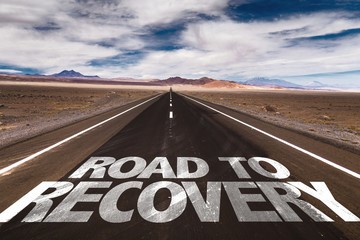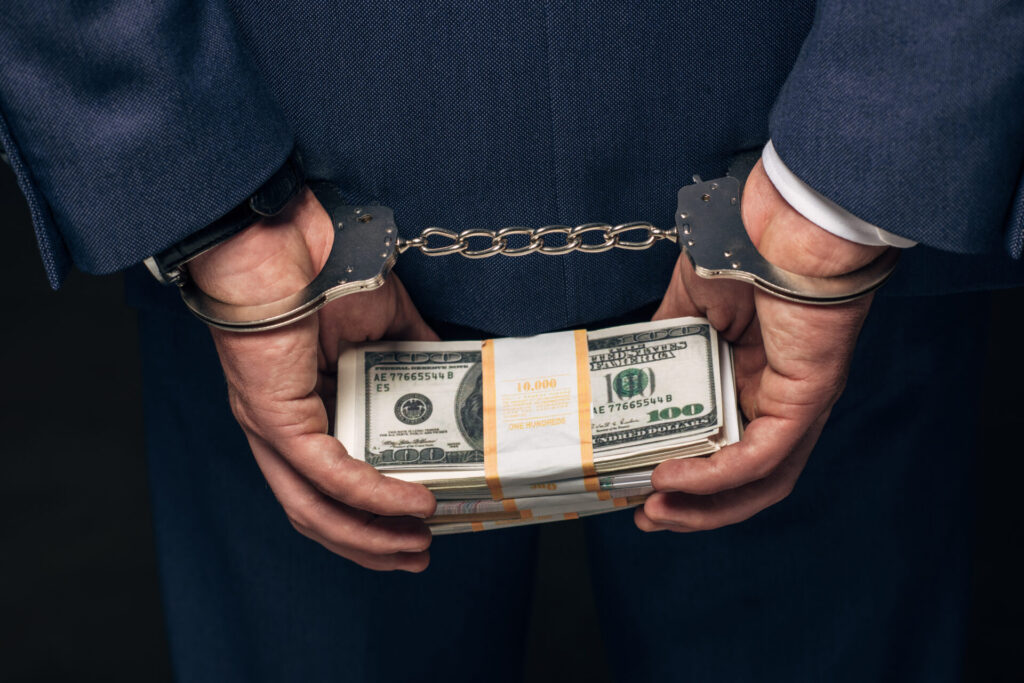As daily life stressors continue to increase, substance abuse follows suit. Substance abuse is at an all-time high as many people continue to struggle.
You may have found yourself in a predicament where you are scheduled to appear in drug court. You also may not be aware of what exactly drug court entails.
Here is everything you need to know about drug courts and what they are:

What is Drug Court?
Drug court is a judicial system program to handle non-violent criminal cases that involve illegal substance abusers. The program was designed for people struggling with substance abuse issues as a way to not only offer rehabilitation but reformation as well.
The court programs offer substance abusers the opportunity to participate in a long-term drug treatment program. Instead of receiving a jail sentence, they are court-supervised and required to maintain recovery, be accountable, and progress toward a healthier lifestyle.
How Do Drug Courts Work?
Drug court programs are solely for people convicted of criminal offenses and suffering from severe substance abuse issues. There are two main ways people can get to drug court. They include:
- Eligible defendants moved away from traditional court hearings into drug court before pleading to their charge—known as “pre-trial” or “deferred prosecution.”
- Eligible defendants plead guilty to their charge with their sentence being suspended or deferred as long as they commit to the drug court program—known as “post-adjudication.”

Why are Drug Courts Beneficial?
Instead of convicting people who are struggling with severe substance abuse disorders, the idea is that drug courts emphasize long-term recovery to aid the person versus punishment. If the participant does not pass the program, their case will be processed and proceed in the traditional criminal justice system. Drug courts aim to help people, so the latter does not occur.
Drug court programs typically include:
- Frequent drug tests
- Random drug tests
- Months or years’ long participation in long-term rehabilitation strategies
- Individualized case management—helps secure employment opportunities, pro-social, education, community service
- Clinical treatment for substance abuse
- Support and encouragement throughout the process
- Required court appearances
- Rewards for maintaining treatment or sanctions for not meeting obligations
Do Drug Courts Work?
Yes, drug courts are successful. This is the most effective way to get people with substance abuse disorders into treatment that can save their lives. Statistics show that people who complete appointed drug court programs have a significantly lesser chance of being arrested again versus those who receive traditional punishment.
Drug court programs can reduce the chance of reoffending—or recidivism—by as much as 40%. In addition, the National Institute of Justice revealed that “reduced recidivism and other long-term program outcomes resulted in public savings of $6,744 on average per participant.”

How Many Drug Courts Exist?
Each state has at least one drug court and some federal districts. Since the drug court program began in 1989, over 3,800 drug courts, and more are on the way.
Drug court programs have evolved to include:
- DUI/DWI courts
- Family treatment courts
- Juvenile drug treatment courts
- Tribal healing
- Wellness courts
- Veterans treatment courts
- Mental health courts
- And more
You might be eligible for drug court if you were convicted of a crime with an illicit substance. Contact The Bianchi Law Group to learn more about your options today.
No aspect of this attorney advertisement has been approved by the Supreme Court of New Jersey.










